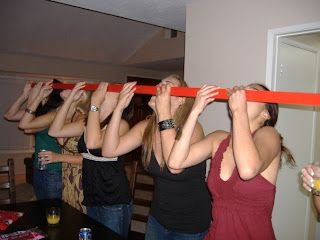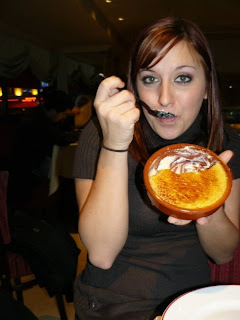Falling in love is one of the most irrational behaviors or brain states imaginable for both men and women. The brain becomes "illogical" in the throes of new romance, literally blind to the shortcomings of the lover. It is an involuntary state. Passionately being in love or so-called infatuation-love is now a documented brain state. It shares brain circuits with states of obsession, mania, intoxication, thirst, and hunger. It is not an emotion, but it does intensify or decreases other emotions. The being-in-love circuits are primarily a motivation system, which is different from the brain's sex drive area but overlaps with it. This fevered brain activity runs on hormones and neurochemicals such as dopamine, estrogen, oxytocin, and testosterone.
The brain circuits that are activated when we are in love match those of the drug addict desperately craving the next fix. The amygdala- the brain's fear-alert system- and the anterior cingulate cortex- the brains worrying and critical thinking system- are turned way down when the love circuits are running full blast. Much the same things happens when people take Ecstasy: the normal wariness humans have toward strangers is switched off and the love circuits are dialed up. So romantic love is a natural Ecstasy high. The classic symptoms of early love are also similar to the initial effects of drugs such as amphetamines, cocaine, and opiates like heroin, morphine, and OxyContin. These narcotics trigger the brain's reward circuit, causing chemical releases and effects similar to those of romance. In fact, there's some truth to the notion that people can become addicted to love. Romantic partners, especially in the first six months, crave the ecstatic feeling of being together and may feel helplessly dependent on each other. Studies of passionate love show this brain state last for roughly six to eight months. This is such an intense state that the beloved's best interest, well-being, and survival become as important as or more important than one's own.
...During times of physical separation, when touching and caressing is impossible, a deep longing, almost a hunger, for the beloved can set in. Some people don't even realize how bonded or in love they are until they feel this tugging at their heartstrings when the beloved is absent. We are used to thinking of this longing as only psychological, but it's actually physical. The brain is virtually in a drug-withdrawal state. "Absence makes the heart grow fonder", your mother would say as you were moaning in pain because he was away. I can remember the early days of dating my husband, when I already knew he was "the one" but he didn't yet. During a brief separation he "decided" we should get married- thank goodness for dopamine and oxytocin withdrawal. His heartstrings finally got the attention of his very self-sufficient and independent male brain, as his friends and family will tell you.
























